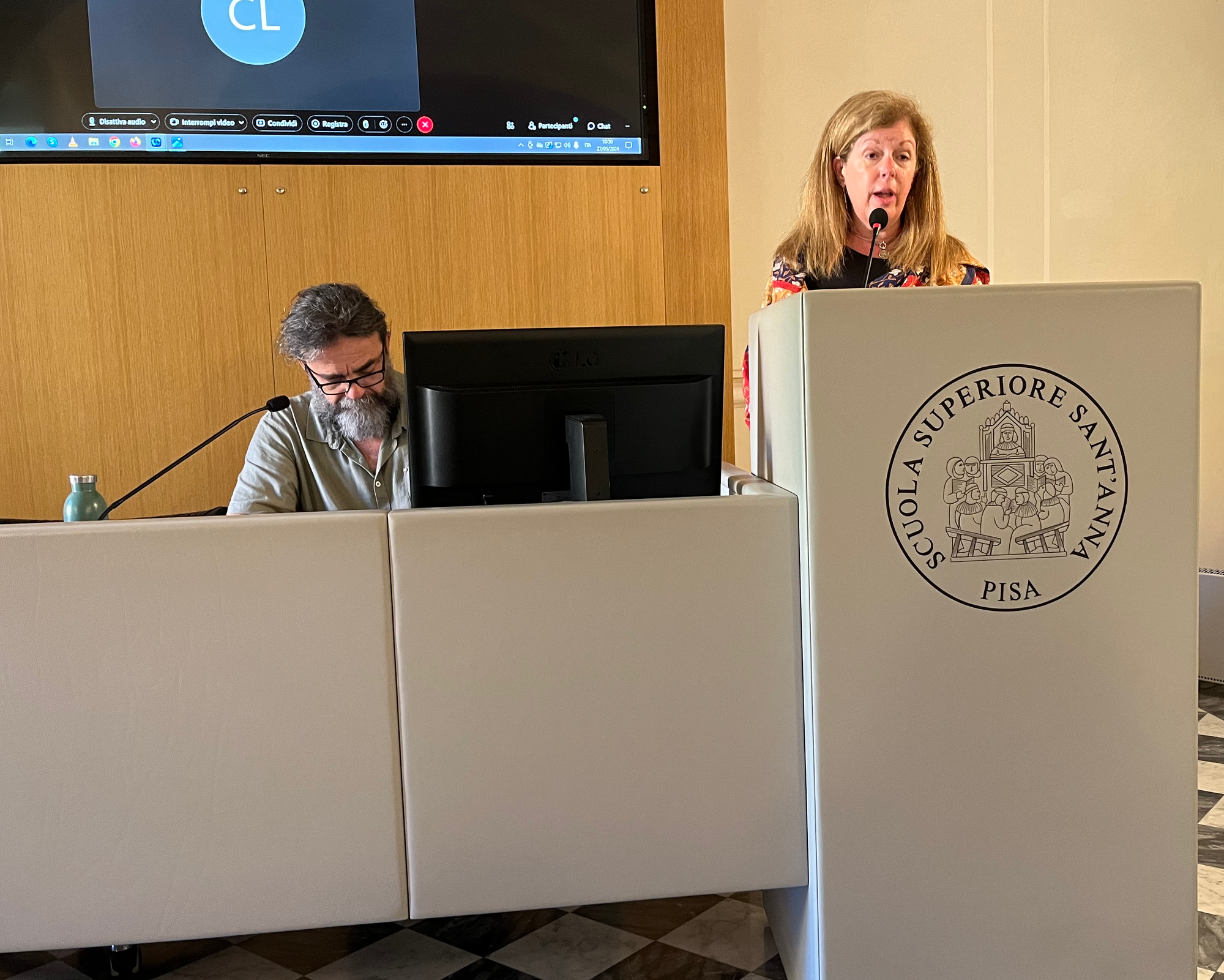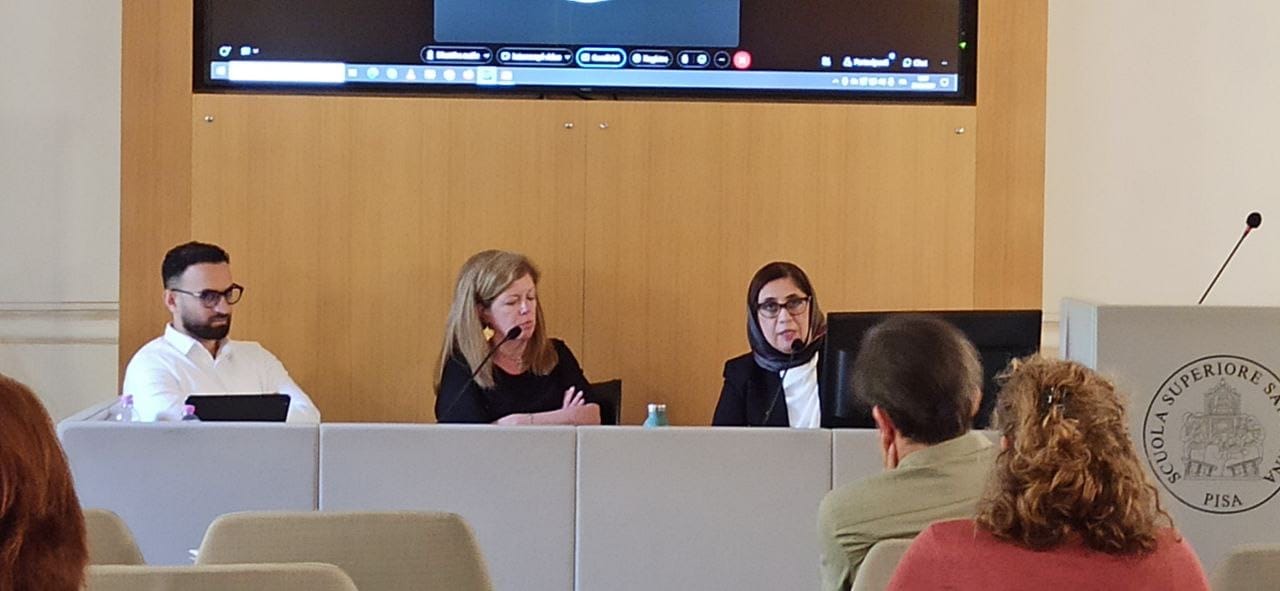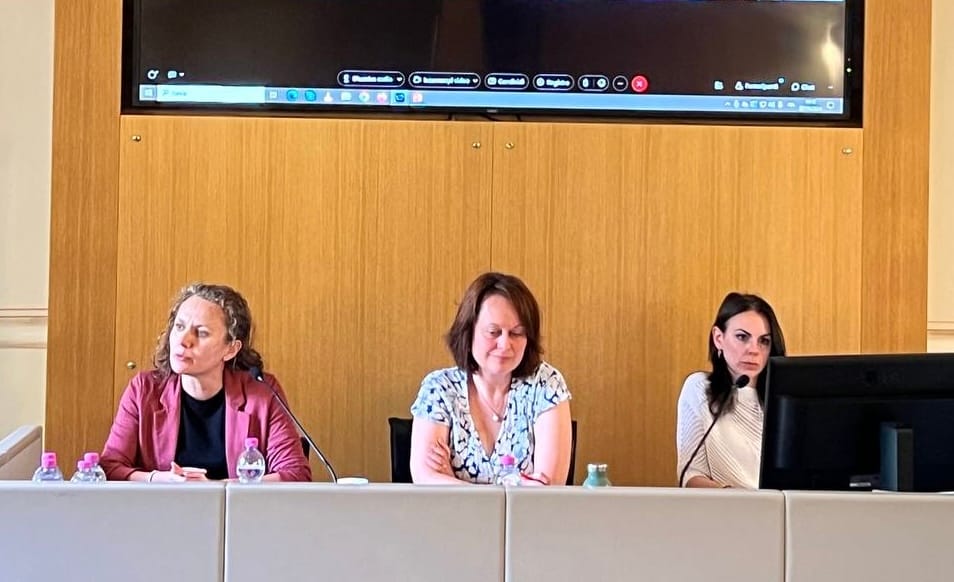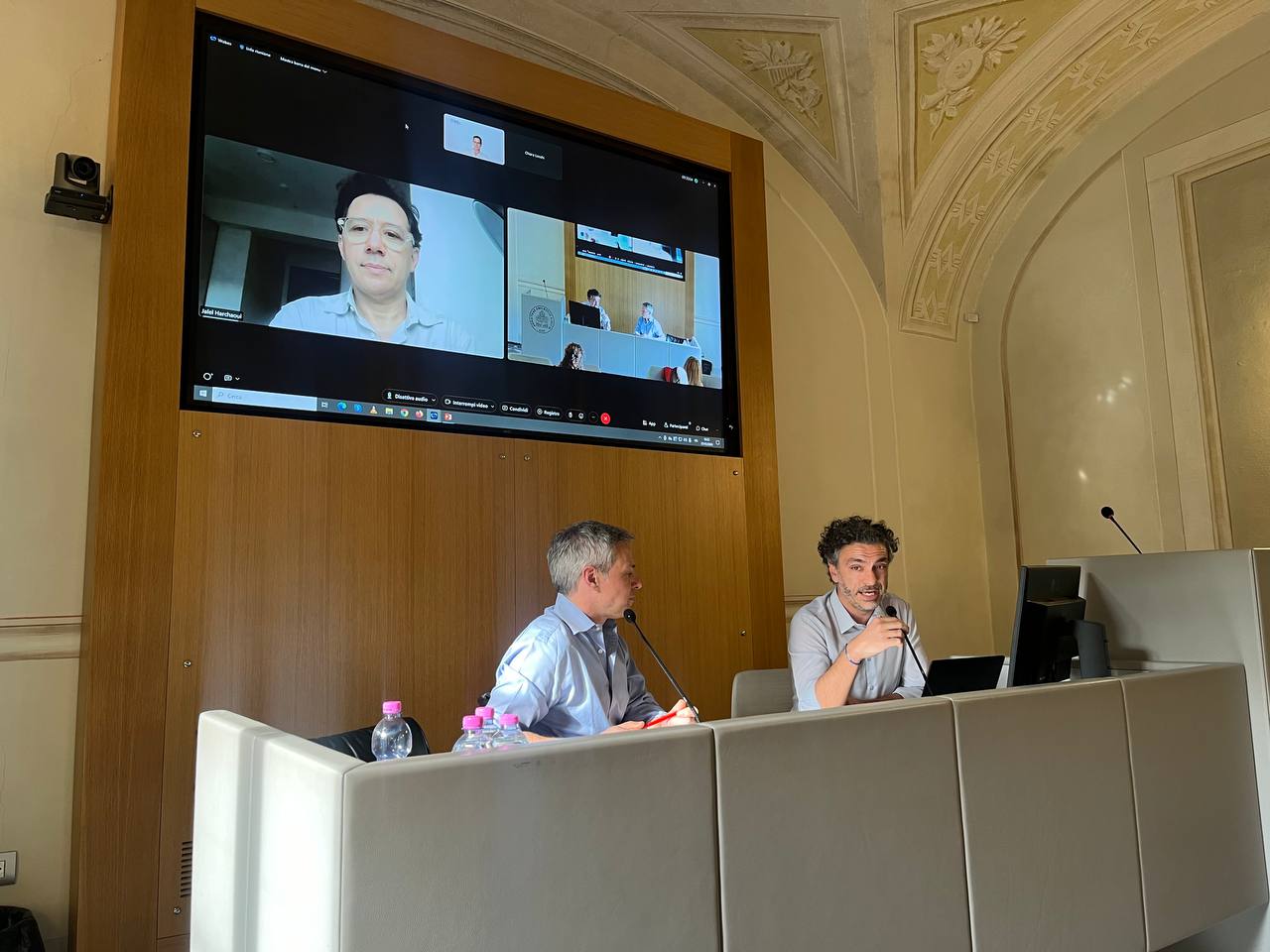Thirteen years of uncertainty, divisions, and local, regional, and international challenges marked Libya’s fragile governance of its unremitting conflicts. The workshop “Governance in Libya: political, economic and security challenges” hosted by the Sant’Anna School of Advanced Studies in Pisa on the 27th of May 2024 aimed to unpack the Libyan conundrum. It took the cue from the holistic concepts of governance and statehood, combining them with some in-depth sectorial contributions respectively related to the political process, the security challenges and the political-economic features of the country. The discussion – carried out from the various perspectives of UN authorities, Western academics, and Libyan interlocutors – explored the main lines of analysis on the past and the way forward in the governance of Libya and its enduring conflicts. The present article retraces some of the main elements that emerged from the workshop without the claim of being exhaustive due to space constraints.
On the night between 10th and 11th September 2023, the dam of the city of Derna collapsed due to heavy torrential rain, catastrophically destroying nearly the whole city and causing a dramatic amount of human losses. The UN Secretary-General Antonio Guterres, during his address to the General Assembly on the 19th of September 2023, recalled that «thousands of people in Derna […] lost their lives in epic, unprecedented flooding. They were victims many times over. Victims of years of conflict. Victims of climate chaos. Victims of leaders – near and far – who failed to find a way to peace. The people of Derna lived and died in the epicenter of that indifference», thereby recognizing it as a disaster that is as much natural as a man-made one. From the same assumption began the keynote message of Stephanie Turco Williams, former deputy head of the United Nations Support Mission in Libya (UNSMIL), who reassembled the main lessons to be learned from the Derna disaster for the broader governance in the country.
In particular, she acknowledged how the continuing absence of a state had been an essential factor contributing to the scope of the Derna tragedy, in Eastern Libya. Alongside this, she recalled that the geographical location of the port city, far away from Tripoli and largely inaccessible due to the lack of adequate infrastructures, can be considered, more broadly, a further driver of the marginalization suffered by the non-Tripoli communities across the country. Furthermore, she recognized how the corruption and the nepotism of the ruling actors defending the status quo, on the one hand, and the interference of international and regional powers who divided the country into spheres of external influences, on the other, are additional factors that obstruct viable and accountable governance in Libya. The serious human rights abuses perpetrated towards migrants and civil rights activists before the eyes of an indifferent international community complete the picture.
Following this anatomy of the overall Libyan context, Lames Ben Saad and Ahmed Sharkassi, both former members of the Libyan Political Dialogue Forum (LPDF), elaborated in-depth on the dynamics of Libyan political transformations throughout the first panel. They assessed the relationship between political governance, the unfruitful efforts of peacebuilding, and identity dynamics. Notably, it was argued that the widespread political cleavages shaping power struggles since 2011 resulted from the articulation of social and political conflicts along identitarian and tribal lines. Hence, the aborted electoral process and any upcoming electoral plan would be influenced by the proliferation of factions and militias, which could obstruct any ballot outcome pursuing their opportunistic agenda, based on the fight for dominance and the management of resources. This, inevitably, frustrates the democratic call of a significant portion of Libyans.
The LPDF’s experience was depicted as a paramount moment for both the UN and the Libyan stakeholders, which had been helpfully included and enabled to make their voices heard at the decision-making table. However, the Forum failed, and that was due to the international interferences, on the one hand, and, on the other, precisely to the persistent control of the ground by (part of) the incumbent authorities, be they tribal, political, or military elites. The main problem had been that the reform of the executive authority agreed – with the outlining of the structure and prerogatives for the Presidency Council and a separate Head of Government – did not reflect the reality of a deeply divided country.
The second panel saw interventions by LUISS Professor Virginie Collombier, the peacebuilding NGO Peaceful Change Initiative (PCI)’s executive officer Fleur Just, and other think-tankers. They investigated the security challenges, their origins and the possible ways out of the cycle of persistent violence in Libya from the revolution onwards.
The trajectory of the current security instability is rooted in the legacies of the Gaddafi’s regime. Indeed, prior to 2011, Libya’s sovereignty and the monopoly of the use of force deriving from it had been personally vested by Gaddafi only. After the removal of Gaddafi, Libya inherited the same authoritarian and rentier system, with the only difference being that the elements of sovereignty reverted locally to the armed organizations that filled the central gap. Today, these are actually the only actors able to use force in order to obtain legitimacy and power, thereby contributing to the fragmentation of the country.
This proliferation of security actors and the resulting violence deeply influenced Libyan society, having a big impact on collective identities, local communities, and social relations within and between them. The creeping conflict contributed to the fragmentation of the collective identity to the detriment of the national unity, as it entailed gender and youth issues: Libyan young people are socialized mainly within an armed society, as armed groups still provide the main opportunities to earn money, access weapons, gain agency and avoid marginalization.
The work of the NGO PCI provides an interesting way to tackle this social and identitarian fragmentation. Their methodology, called “social peace and local development,” consists of creating links of mutual trust between local authorities, security providers, businesspeople, tribal leaders, and civil society within the same town. The step forward entails the bridging and horizontal agglutination of the various towns, with a view to contributing to the shaping of new relationships and new narratives on Libya.
The third and last panel, for its part, brought to the discussion the main features of the Libyan economic governance through the lenses of Matthew Brubaker, an economist formerly working at UNSMIL; Jalel Harchaoui, associate fellow at RUSI; and Matt Herbert, Head of Research for North Africa and the Sahel at the Global Initiative Against Transnational Organized Crime.
The substantial division between the West and the East on this matter emerged as key to the analysis. Within an overall context of economic difficulties, starting from a falling Dinar and running inflation, the Tobruk-based government is insolvent and continues to print money in Russia. In addition to that, the distribution of debts and wealth has long undermined the functioning of the Central Bank of Libya.
Russia’s role in this story is not accidental. In fact, even if foreign military presence overall increased, the fight for foreign influence shifted from the military to the economic sphere, and Moscow, in the first place, pursues modern strategic and economic interests in Libya, that for now remove the hypothesis of any contribution in military operations similar to the one that leads to the Western Libya campaign of 2019.
Anyhow, foreign meddlers are able to penetrate the meshes of a fragmented control of the territory and its resources. Sure enough, Libya’s lack of state control also led to a massive rise in the country’s illicit economies. Indeed, in addition to widespread corruption that marks both the West and the East, Libya’s grey economy provides a fertile ground for oil smuggling, human trafficking and drug dealing. Indeed, the country is a platform for illegal sales of large volumes of fuel, a hub for the storage and dealing of cocaine, hashish and other narcotics, and, most visibly for European audiences, a key site of departure for irregular migrants. The main effect is, as a circle closes, that armed groups’ power increases as they control, protect, and tax the smugglers’ transit in the area under their influence.
At the end of the day, some conclusions can be extracted and some prospects for the way forward can be suggested. At a glance, Libya is trapped in the shade of its authoritarian past and the legacy of instability, with divisions and insecurity resulting from it. From this perspective, any step forward seems uphill, as demonstrated by the apparently unsolvable debate on the electoral process, which looks as both needed and chimerical. What is sure is that no election can be held until an effective stabilization on the ground is reached, a political and constitutional consensus is built, and a Libyan national identity has matured. Interestingly, this doesn’t seem a utopia if the international community focus on strengthening the Libyan governance from the bottom up, starting with local communities and municipal governments. The PCI is already working in this direction; Stephanie Turco Williams has proposed to enhance it institutionally, devolving powers to municipalities and, eventually, governorates. Could it be the way to solve the Libyan conundrum?





